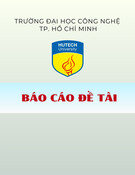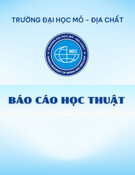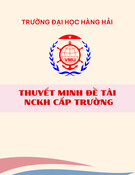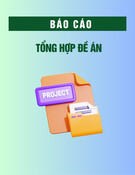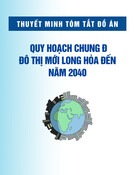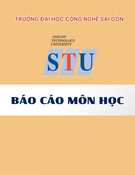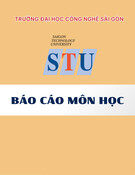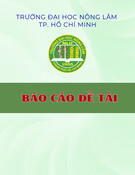
Liqa Raschid-Sally and Priyantha Jayakody
IWMI is a Future Harvest Center
supported by the CGIAR
Drivers and Characteristics of
Wastewater Agriculture in
Developing Countries:
Results from a Global Assessment
127
RESEARCH
REPOR T
I n t e rnational
Water Management
Institu t e

Research Reports
IWMI’s mission is to improve the management of land and water resources for food,
livelihoods and environment. In serving this mission, IWMI concentrates on the
integration of policies, technologies and management systems to achieve workable
solutions to real problems—practical, relevant results in the field of irrigation and
water and land resources.
The publications in this series cover a wide range of subjects—from computer
modeling to experience with water user associations—and vary in content from
directly applicable research to more basic studies, on which applied work ultimately
depends. Some research reports are narrowly focused, analytical and detailed
empirical studies; others are wide-ranging and synthetic overviews of generic
problems.
Although most of the reports are published by IWMI staff and their collaborators,
we welcome contributions from others. Each report is reviewed internally by IWMI’s
own staff and Fellows, and by external reviewers. The reports are published and
distributed both in hard copy and electronically (www.iwmi.org) and where possible
all data and analyses will be available as separate downloadable files. Reports may
be copied freely and cited with due acknowledgment.

i
International Water Management Institute
P O Box 2075, Colombo, Sri Lanka
Research Report 127
Drivers and Characteristics of Wastewater
Agriculture in Developing Countries:
Results from a Global Assessment
Liqa Raschid-Sally and Priyantha Jayakody

The authors:
Liqa Raschid-Sally is a Senior Researcher at the West Africa office of the
International Water Management Institute (IWMI) in Accra, Ghana (l.raschid@cgiar.org);
and Priyantha Jayakody is a Research Officer at the International Water Management
Institute (IWMI) headquarters in Colombo, Sri Lanka (p.jayakody@cgiar.org).
Acknowledgements:
The authors wish to thank Mr. Gez Cornish (ex-HR Wallingford), Mr.
Jean-Marc Faurès (FAO) and Drs. David Molden, Hugh Turral, and Pay Drechsel (all from
IWMI) for their contributions in formulating the research questions and designing the study.
Additional thanks are due to the internal and external reviewers for their extremely useful
inputs during review of the report. Thanks are also due to research assistants Ms. Evelyn
Dahlberg, Mr. James Juana and Ms. Anila Weerakkody, for assistance in conducting
literature reviews on various aspects of wastewater agriculture. Finally, the study could not
have been conducted without the technical assistance of the consultants who undertook
the surveys in the 53 cities selected for the study. The study was funded by the
Comprehensive Assessment of Water Management in Agriculture, a program of the
International Water Management Institute, Colombo, Sri Lanka, under a grant from the
Government of the Netherlands.
Raschid-Sally, L.; Jayakody, P. 2008.
Drivers and characteristics of wastewater agriculture
in developing countries: Results from a global assessment
. Colombo, Sri Lanka:
International Water Management Institute. 35p. (IWMI Research Report 127)
/ wastewater / water use / urban agriculture / wastewater irrigation / water supply / sanitation /
water demand / women / gender / irrigation methods / health hazards / developing countries /
ISSN 1026-0862
ISBN 978-92-9090-698-8
Copyright © 2008, by IWMI. All rights reserved.
Cover photograph
shows a view of the Niger River flowing through Bamako, the capital city
of Mali. The water is polluted from urban wastewater discharges and is used for urban
agriculture on its banks.
Please send inquiries and comments to: iwmi@cgiar.org
IWMI receives its principal funding from 58 governments, private foundations, and
international and regional organizations known as the Consultative Group on International
Agricultural Research (CGIAR). Support is also given by the Governments of Ghana,
Pakistan, South Africa, Sri Lanka and Thailand.

iii
iii
Contents
Acronyms and Abbreviations iv
Summary v
Background and Scope 1
Methodology and Selection Criteria 4
Results and Discussion 7
Conclusions 23
Recommendations for Implementation 26
References 27




